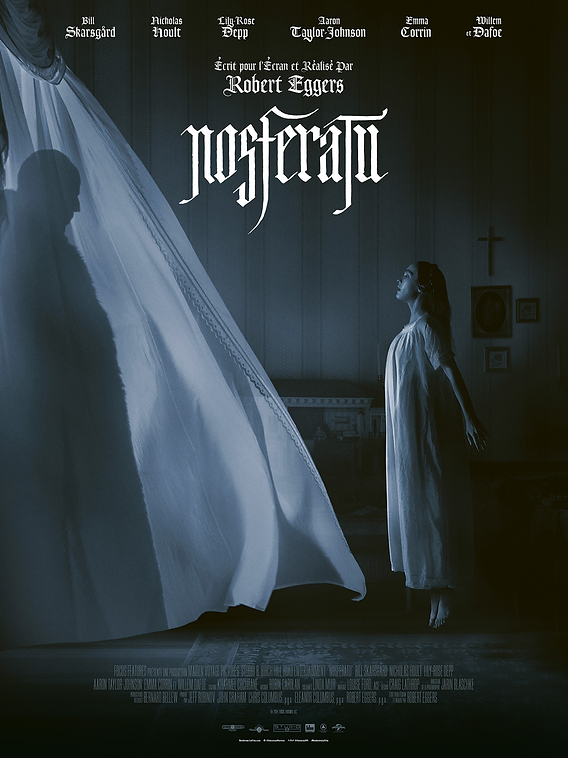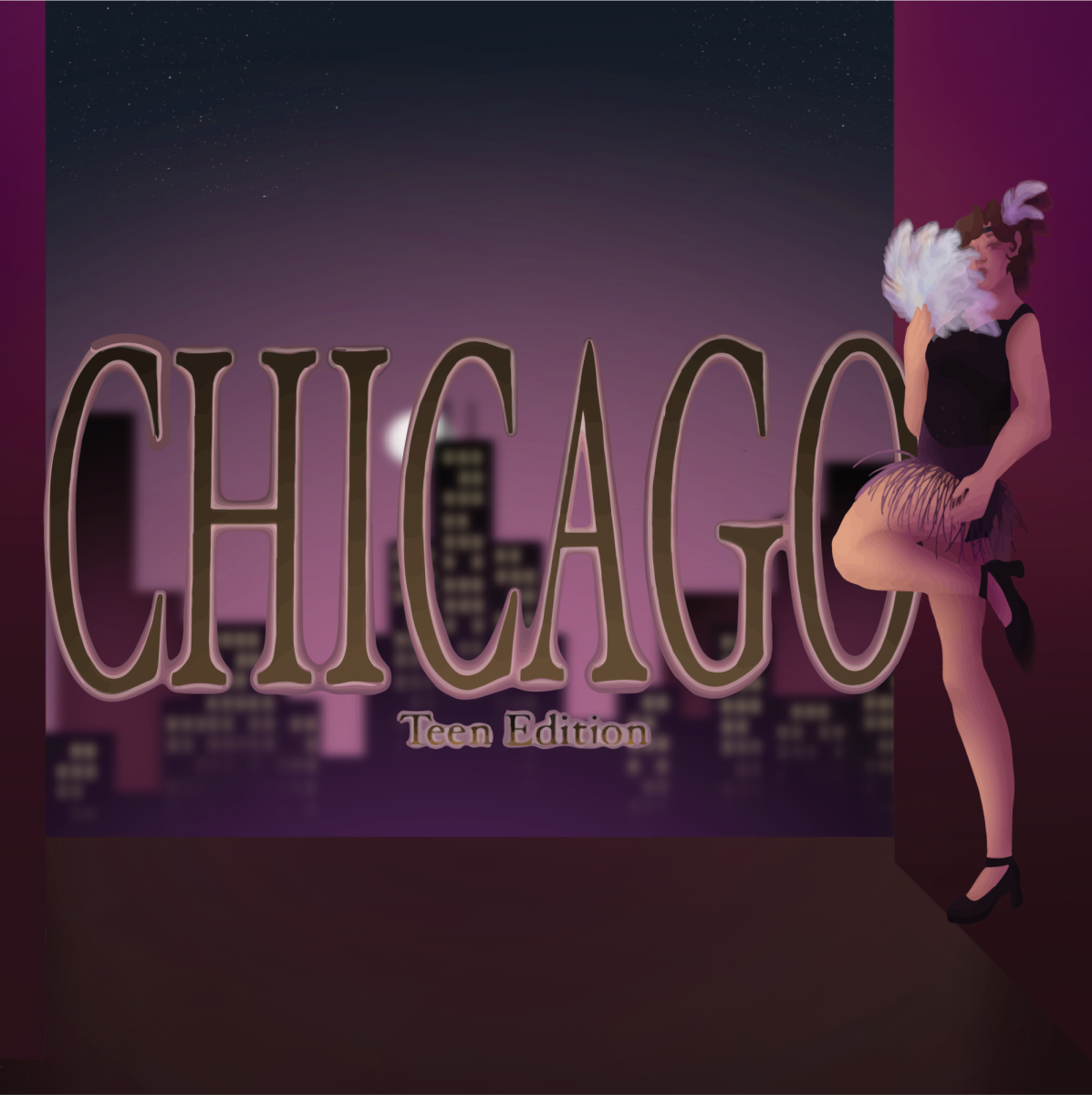1994 was one of the greatest years in film history. This is the year that classics like The Shawshank Redemption and Forrest Gump were released. One movie in particular stands out to me: the Tarantino-directed classic, Pulp Fiction. Tarantino made a name for himself with his previous film, Reservoir Dogs, and numerous stars, like Bruce Willis became interested in working with the young director, and Willis had already read the script for Pulp Fiction by the time Tarantino showed up to a party of actor Harvey Keitel’s house, which sent things in motion for the casting of the movie.
Willis and Tarantino took a walk down the beautiful beach in Malibu and discussed the screenplay. Willis told Tarantino he wanted to play Vincent or Jules even though he knew Jules was intended to be a black man (he thought they could work around it). Tarantino declined his request and explained that he already had John Travolta and Samuel. L Jackson for those roles. Tarantino knew those two parts weren’t the right fit for Willis, but the director knew Willis had to be in the movie. Willis, now frustrated, is offered an idea. Quentin tells him that there is a third lead in the movie that he would be perfect for: Butch. Tarantino tells him to read the script as Butch and the next day, the director asks Willis what he thought of it. Bruce Willis responded with a simple answer: “The shortest sentence in the Bible is Jesus wept, the shortest sentence in Hollywood is “I’m in.”
Bruce Willis was absolutely perfect for the role of Butch. A man with a hard exterior, who hides a soft vulnerability on the inside. His soft, more human side shines through specifically when his girlfriend Fabienne left his father’s watch at the apartment. He knew people were there waiting to kill him at the apartment, but he couldn’t part with the only thing he had from his father. His grief for his father and fear really shines through during this scene and he is much more human-like, rather than someone who is indestructible.
Willis was not the only actor with an interesting audition process. Samuel L. Jackson tells Sirius XM Canada, “The first time I met Quentin was when I auditioned for Reservoir Dogs. He was one of the people that was reading with me. He and Lawrence Bender, the producer. I was supposed to audition with Harvey Keitel and Tim Roth, but these two guys showed up.” Jackson never got the role in Reservoir Dogs, but Tarantino never forgot about him. They saw each other again at the Sundance Film Festival and Jackson approached him. Quentin immediately asked him about his opinions on the guy who got the part. This seems like it would be a faux pas, but Jackson did not question it and gave him an honest answer. This is when Tarantino said “Don’t you worry. I am writing something for you.” A few months later, he was given the script to Pulp Fiction. The only problem was, there was another candidate for the role of Jules. Jackson almost left the project because of this. But once Jackson read the entire Bible monologue in the script and added some of his own lines, Tarantino was blown away, and Jackson was given the part (along with parts in almost all of his other movies). The veteran actor has never had to audition for him again. You may be asking yourself, “who was the other actor up for the iconic role?” It was none other than Paul Calderon, the bartender at the beginning of the movie. Jules is an extremely inspiring character. His character explores the idea and conflict between morals and obligations, and right and wrong. He knew he had to get the job done, but he knew it was not right. This moral dilemma separated him from Vincent Vega and only one was left to breathe. This is an important message about following a moral code and allowing the people who don’t to fall by the wayside.
Jules’ partner in crime, Vincent Vega, is an example of someone who chose the wrong path. Vega is a very intriguing character. A heroin addict who is asked to take the boss’s wife, Mia, out to Jack Rabbit Slims restaurant, but he has to be careful and show the utmost respect for her, since others assigned this task have failed to do so and paid the price. At the dinner between Mia and Vincent, the restaurant held a twist dance competition. John Travolta, one of the biggest dancing stars in the last 40 years, was dancing again on the big screen. Except it’s not a disco, he is a hitman and a drug addict which is extremely uncharacteristic for how we perceive him in his usual roles. Tarantino explains his reason for this by saying, “All throughout the audience of a packed theater, you had this little realization like, oh my god he’s gonna dance!” This is sort of an homage to Travolta’s past iconic roles. Vega is sort of a suck up to the boss, Marsellus Wallace, whereas Jules is much more direct towards him. This tells you early on in the film that Vega does not understand right or wrong. Although John Travolta is an unexpected choice, I think he was absolutely perfect for this role. The shock factor of Travolta alone captivates audiences. Some of the most iconic scenes were actually improvised to a certain extent. For instance, In the scene where he shot Marvin, Travolta explains, “In that scene, I improvised. I shot Marvin with the written words, but I asked permission to say, “I shot Marvin in the face.” The way I would say it would have humor because I would say it in a way like I stepped on his toe.” He continued, “I tried to make less of what I did” I mean he literally blew his head off and all you can do is laugh because he puts the blame on a speed bump. Vega and Jules going different ways did not end well for Vega. Jules was able to walk away as a free man, not held down by Wallace and his crimes, and Vega was killed by Butch in Butches apartment while he was looking for his fathers watch. Full circle, right?
Tarantino was inspired to make the film during his time in Amsterdam, yes, this is alluded to when Vega tells Jules about the quarter-pounders in Amsterdam. Roger Avery and Tarantino began writing the screenplay quickly into their long visit. He was given 1 million dollars to make the film from Danny DeVito because he was so discouraged from not being a part of Reservoir Dogs. This helped the director get 8 million dollars from other producers and people interested in the project. When the script was completed in 1993, Avery needed money fast, as he was working on his own film, Killing Zoe, so he sold the rights. That is something he regrets. The rights were bought quickly by MiraMax Studios. From there, he was ready to start filming. When Tarantino was asked about the comedy elements in Pulp Fiction, he said, “I didn’t know I was making a comedy.” This weird mixture of action packed comedy works so well together. This movie is both cinematically pleasing and gory all at once. His movies are so far from reality and yet so close all at the same time. That is why I love Pulp Fiction. The dialogue alone is something a writer dreams of being able to produce. Say what you want about Tarantino and his small role in Pulp, he deserves all the fame and success. At the 1994 Oscars, the film was up against “Forrest Gump,” “Four Weddings and a Funeral,” “Quiz Show,” and “The Shawshank Redemption.” for Best Picture. Although Forrest Gump took home the award, Tarantino and Avery took home the award for Best Screenplay.
Throughout the last 29 years, Quentin Tarantino has made eight blockbuster films, but Pulp Fiction still stands as one of his most influential films to this day.




